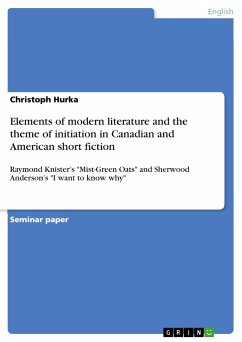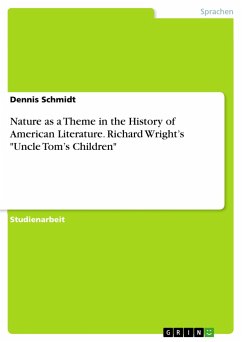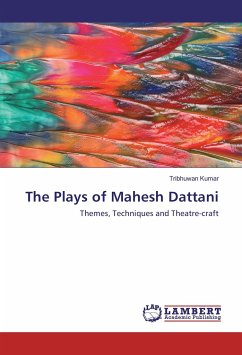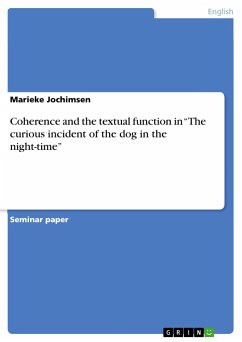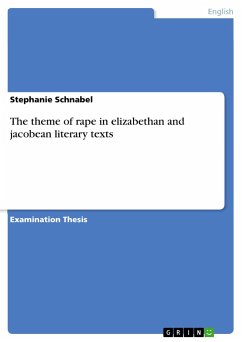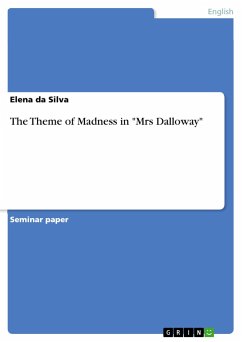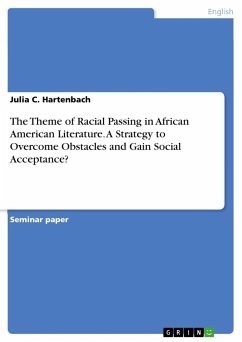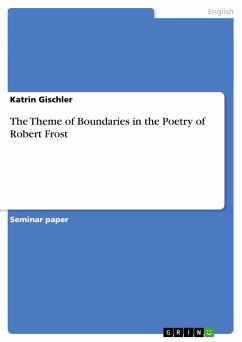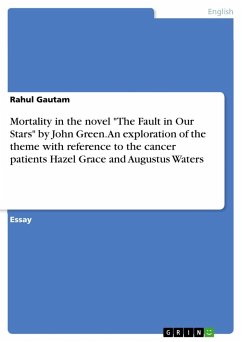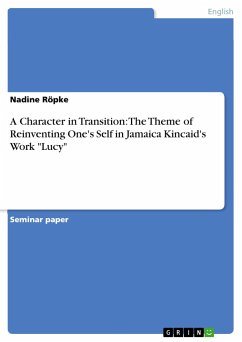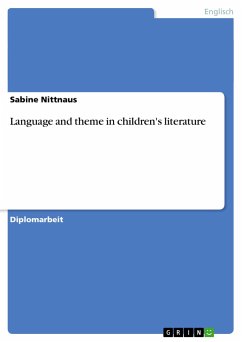
Language and theme in children's literature

PAYBACK Punkte
0 °P sammeln!
Diplomarbeit aus dem Jahr 2002 im Fachbereich Amerikanistik - Literatur, Universität Wien, Sprache: Deutsch, Abstract: I have never stopped loving children's literature, and I have been interested in it as a field of research ever since I took a course on the history of children's literature at the University of Toronto. When I started out on this paper I had little idea what it would be about, only that the focus would be on language. I knew I was fascinated by the subject so I started exploring the issue in general terms, reading more or less randomly about children's literature, and readin...
Diplomarbeit aus dem Jahr 2002 im Fachbereich Amerikanistik - Literatur, Universität Wien, Sprache: Deutsch, Abstract: I have never stopped loving children's literature, and I have been interested in it as a field of research ever since I took a course on the history of children's literature at the University of Toronto. When I started out on this paper I had little idea what it would be about, only that the focus would be on language. I knew I was fascinated by the subject so I started exploring the issue in general terms, reading more or less randomly about children's literature, and reading children's literature, before I decided on the structure of the paper and the texts I would use for it. My fascination for children's literature is grounded in its potential for change and for development which is one of its major aspects. The fierce attempts to control children's readings, adults' prescriptions of what is good for them and what is not, have to do with this aspect of children's literature which has always been considered dangerous by some adults, because there is nothing more powerful than the potency of the literary imagination. Fairy tales, which were viewed as suspicious for a long time, as the history of children's literature shows, are a good example of this perceived threat. The question of what children should read, how much freedom they should have to choose, which ultimately comes down to the question if they should be allowed to have an imagination or not, has had to do with changing notions of childhood, on which the emergence of imaginative literature for children depended, but to which it has contributed a lot in turn. The question really is if children's natural liveliness, curiosity, and open-mindedness should be suppressed, if children should be frightened, and kept in their place, taught to accept everything unquestioningly, or be offered what they need to develop and grow at their own pace, and develop into critical, self-confident, open-minded adults. This issue goes beyond the scope of this paper, and the subject of children's literature, but it more than touches on the debate and is reflected in it, as well as explaining the passion with which the question on what children should read or rather should not read has always been discussed. A good example of how these issues interrelate is the zeal of some American parents when it comes to banning books like 'Huckleberry Finn', which I will talk about in chapter 6.




